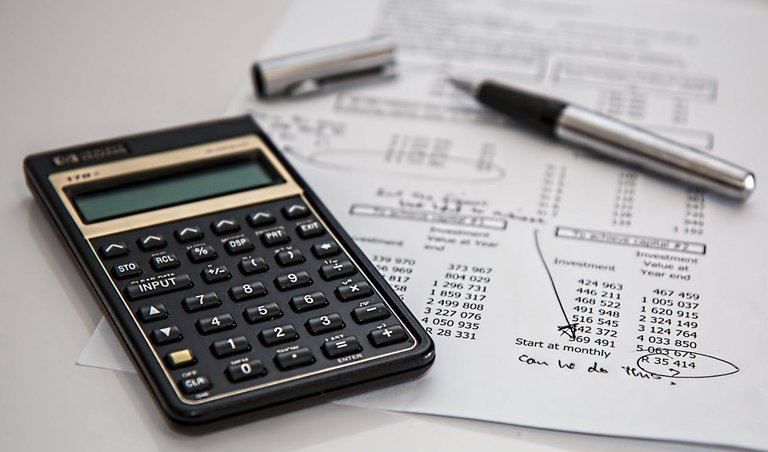
The decimal expansion of Pi^e begins like so:
22.4591577183610454734271522045437350275...
This number is of course irrational, but only conjectured to be transcendental, meaning it is never the root of any algebraic equation (more technical: “not a root of a non-zero polynomial equation with rational coefficients.” -from Wikipedia).
Last Saturday night, instead of hanging out with friends or family, I was having a wonderful time scanning through the decimal expansion of Pi^e. At one point I noticed something quite compelling and unusual among the digits: around the 45314th decimal place (I could be off by a few), there is a fascinating pattern lurking there, which is this:
60000006
Six zeros surrounded by two 6s. If you don't believe it's really there, here's a picture of part of the decimal expansion of Pi^e; examine the last row carefully:

Do you see the pattern I'm talking about? Isn't it amazing that six zeros surrounded by two 6s can actually occur in the decimal expansion of Pi^e?
I wonder what it means? Is it like a double-rainbow? Does it have any deep mystical significance that we could possibly use to gain insight into the secret of life, or the mysteries of the universe? I doubt it. The pattern probably doesn't even have any significant mathematical meaning, let alone philosophical or mystical meaning. It's just a coincidence because anything could eventually occur among all those digits. Nevertheless, I still think it's utterly fantastic that it's there.
During that glorious Saturday night when I had so much fun scanning through the decimal expansion of Pi^e, I also noticed a few other symmetrical patterns among the digits (I won't give the exact locations for these; you can compute the number and discover them for yourself if you are so inclined):
800008
500006
977778
377773
300004
Perhaps as more digits of Pi^e are computed, the amount of consecutive zeros increases? No. I don't really believe that's true. But I will do this:
Conjecture: At some point in the decimal expansion of Pi^e, two n's, one on each side, of n zeros will always be found. For example, at some point these strings will all eventually occur: 700000007, 8000000008, 90000000009, 10000000000010, 110000000000011, 1200000000000012, 13000000000000013, … etc.
Concerning the sequence mentioned in the conjecture, around the 775th decimal place, the pattern '101' occurs. But that is easy to find. The second term '2002' will be more difficult.
Did you know that digit-hunting is greatly looked down upon by serious mathematicians? Some think it's really a disgusting activity and even quite ludicrous. But I don't mind though. I still love digit-hunting simply because it's such a fun activity for a hardcore geekazoid such as myself.
Can you find any other interesting patterns in the decimal expansion of Pi^e?